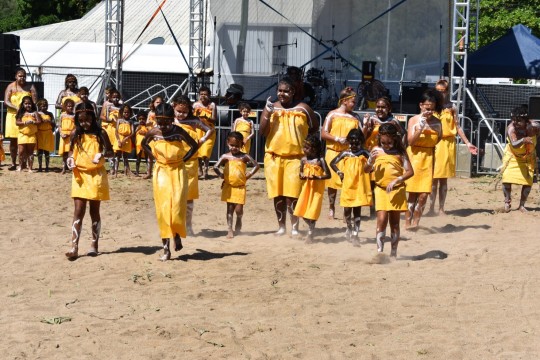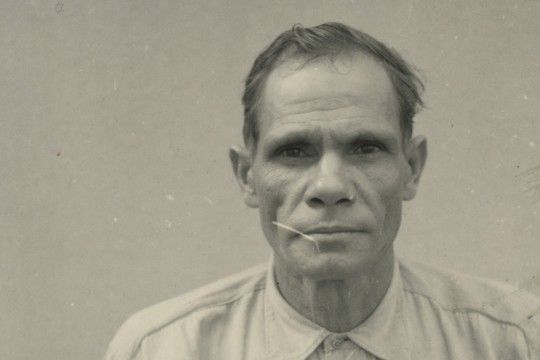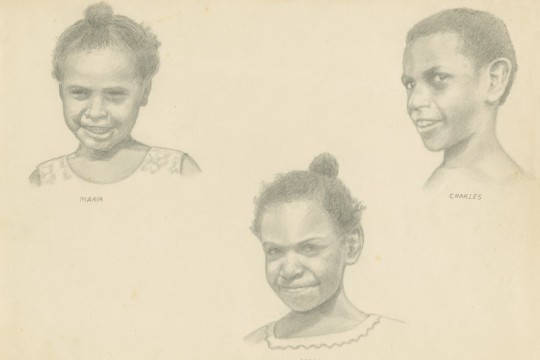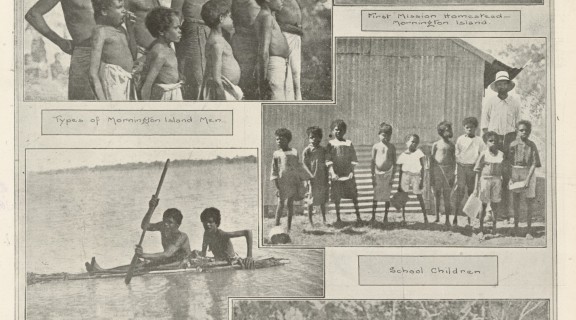
- Home
- Newspapers
/
Newspapers
State Library has many newspapers available on microfilm, in electronic format and in hard copy. Using newspapers to find information on First Nations family history is an ideal way to add additional information to your family's story.
Video guide
Newspapers and family history
Newspapers can help you find materials to flesh out your family history, and often contain information that is hard to find anywhere else.
These include:
- births,
- deaths, funerals, and obituaries;
- marriages,
- social and sporting events,
- inquests, court cases and legal notices;
- land sales,
- advertisements and
- military service.
Newspapers are also particularly useful when families include both Indigenous and non-Indigenous members.
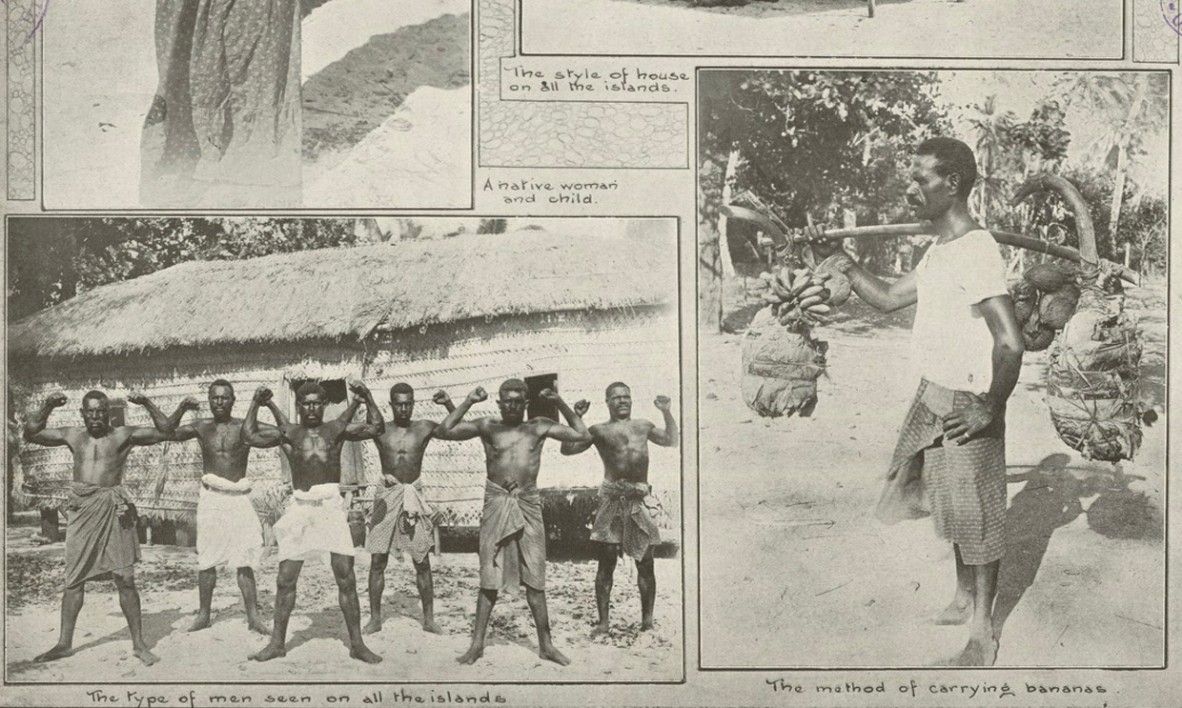
Page 24 of The Queenslander Pictorial, supplement to The Queenslander, 27 October 1917, John Oxley Library, State Library of Queensland, Image number: 702692-19171027-s0024
Online newspapers and magazines
You may be able to find information about your family in online newspapers or magazines. You can search these websites:
- Trove - digitised Australian newspapers 1846-1954
- Australian Indigenous Index (INFOKOORI). This is an index to the Koori Mail fortnightly newspaper published in Lismore, New South Wales from May 1991 to July 2016. It is also a biographical index from several magazines, including Our Aim (1907-1961), Dawn (1952-1969), New Dawn (1970-1975) and Identity (1971-1982).
- Koori Mail (1991-2018) is available online at Australian Institute of Aboriginal and Torres Strait Islander Studies (AIATSIS).
- Dawn (1952-1969), published by the NSW Aborigines Welfare Board, is available online at Australian Institute of Aboriginal and Torres Strait Islander Studies (AIATSIS).
- New Dawn (1970-1975), published by the NSW Department of Child Welfare and Social Welfare, is available online at Australian Institute of Aboriginal and Torres Strait Islander Studies (AIATSIS).
Tips for searching newspapers in Trove
Try the following in Trove to improve your search results.
- Search by name (for example, “Lena French”), by place or by a station name (for example, “Tarameo station”).
- Search for variations of names and spelling.
- Search using a name and the term ‘Aboriginal’ or ‘Aborigine’ – for example, Tommy AND Aborigine.
- Search using both the name of the place your family lived and the term ‘Aboriginal’ or ‘Aborigine’ – for example, Bega AND Aborigine. Many newspapers reported in general terms about Aboriginal people, rather than using names of individual people.
Remember that historical newspapers often reflect the racist attitudes of the non-Indigenous people who wrote and published them. You might find your ancestors described using words that are offensive, or you might find distressing personal details about your ancestors and their lives.
